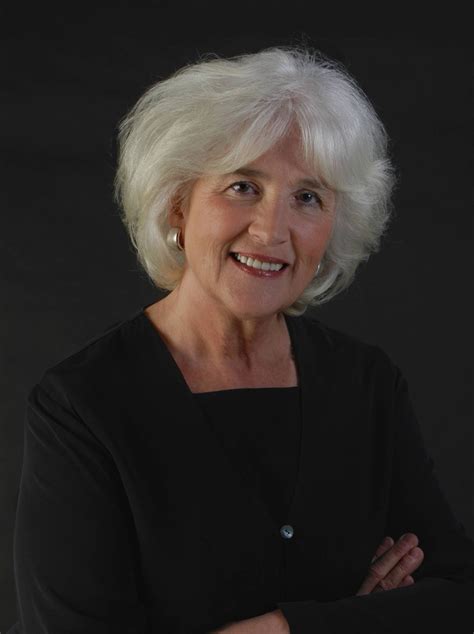A Quote by Terrie Moffitt
One of the most effective strategies to make your child more self-control is the weekly giving of allowance or pocket money as an opportunity for parents to teach self-control and model self-control. So rather than just handing the child the money and leaving it at that, the parent hands them a modest amount that has to be managed through the week, sits with the child and takes the time to anticipate what's going to be coming up next week, what the child would like to do and helps them to make choices and understand the limited amount of money they have.
Quote Topics
Allowance
Amount
Anticipate
Child
Choices
Coming
Control
Effective
Giving
Going
Handing
Hands
Helps
Just
Leaving
Like
Limited
Make
Model
Modest
Money
More
Most
Next
Next Week
Opportunity
Parent
Parents
Pocket
Rather
Self
Self-Control
Strategies
Takes
Teach
Than
Them
Through
Time
Understand
Up
Week
Weekly
Would
Your
Your Child
Related Quotes
A two-year-old can be taught to curb his aggressions completely if the parents employ strong enough methods, but the achievement of such control at an early age may be bought at a price which few parents today would be willing to pay. The slow education for control demands much more parental time and patience at the beginning, but the child who learns control in this way will be the child who acquires healthy self-discipline later.
We teach children to save their money. As an attempt to counteract thoughtless and selfish expenditure, that has value. But it is not positive; it does not lead the child into the safe and useful avenues of self-expression or self-expenditure. To teach a child to invest and use is better than to teach him to save.
The child is born with a Self but not with an ego. The child develops the ego. As he becomes more and more social and related, ego develops. This ego is just on your periphery where you are related with others - just on the boundary of your being. So ego is the periphery of your being, and Self is the center. The child is born with a Self, but unaware. He is a Self, but he is not conscious of the Self.
Our goal as a parent is to give life to our children's learning--to instruct, to teach, to help them develop self-discipline--an ordering of the self from the inside, not imposition from the outside. Any technique that does not give life to a child's learning and leave a child's dignity intact cannot be called discipline--it is punishment, no matter what language it is clothed in.
What do the 5%, or the 1% actually use their money for? They lend it back to the economy at large, they load it down with debt. They make their money by lending to the bottom 95%, or the bottom 99%. When you give them more after-tax income, it enables them to buy even more control of government, even more control of election campaigns. They're not going to spend this money back into the goods-and-services economy.
































